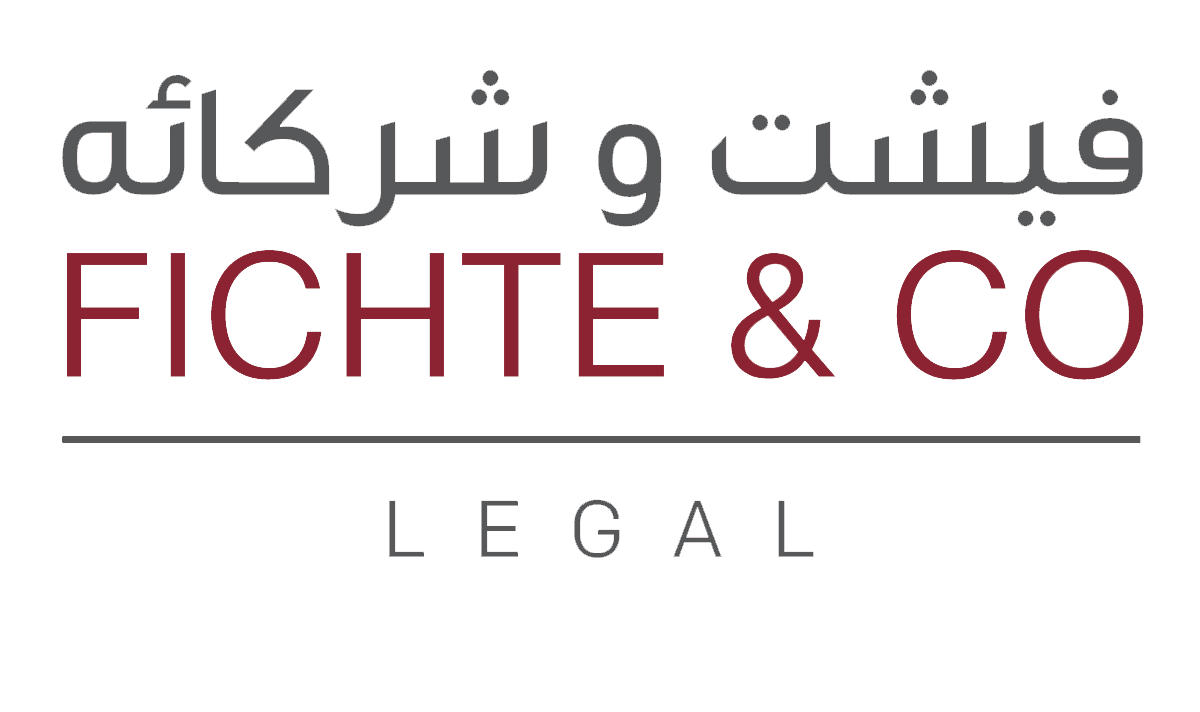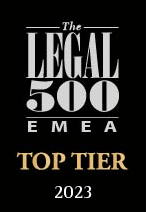Key Changes Summary:
On August 28, 2020, a new Cabinet Resolution came into effect, to regulate the procedures of a real beneficiary for corporate entities. Cabinet Resolution no. 58 of 2020 (the “UBO Resolution”) replaces Cabinet Resolution no. 34 of 2020.
The Resolution aims at setting a procedure for the uniform reporting and registration of the ultimate beneficiaries (UBOs), beneficial interests and, shadow directors in UAE mainland companies and free zone companies in UAE. The regulators (Departments of Economic Development or similar bodies) need to be updated before October 27, 2020, with the UBO required information.
Notably, such companies would be required to maintain an updated register with information relating to beneficial interest even after this date and update the regulators accordingly.
Notable Requirements
1. Scope and Application of the Resolution: The Resolution applies to all UAE mainland and Freezone companies, except the companies registered in the financial free zones (ADGM and DIFC) and companies owned by the Federal Government and their subsidiaries.
2. What is required? The companies need to maintain at their premises a shareholders’ register and a register of beneficiary owners and nominee directors. Before October 27, 2020, the companies would need to file with their respective regulator’s information regarding the beneficiary owners and beneficiary interests in that company.
3. What is required after October 27, 2020? Aside from the requirements that the companies need to maintain at their premises the updated registers of beneficial owners and nominee directors, are under the obligation to notify the regulators within 15 of any change in the beneficiary ownership or nominee directors. As well, companies need to designate an individual who can be contacted by the regulators regarding the matters enacted in the Resolution.
4. Is the situation the same for listed companies? The Resolution mentions that such companies may rely on the disclosures previously made to the stock exchanges. Consequently, they would not need to make different independent notifications.
5. Why is the Resolution imposing these requirements? The Resolution has been adopted in furtherance of Federal Law no. 20 ods 2018 on Anti-Money Laundering. The Law requires disclosure of any individual ownership in a body corporate, owning 25% or more in that body corporate.
Accordingly, the Resolution defines a beneficial owner as:
“a. any natural person who ultimately owns or controls or has the right to vote over at least 25% of the company’s share capital, whether through a direct or indirect chain of ownership or control or any natural person who has the right to appoint or dismiss the majority of the directors of the company; b. if no natural person meets the criteria under point (a) above or if there are doubts as to the identity of the beneficial owner, the beneficial owner shall be any natural person who manages or administers the company; or c. if the company is unable to identify any natural person that meets the criteria under points (a) and (b) above, the beneficial owner shall be the natural or a legal person who is the senior manager of the company.”
As well, the Resolution introduces the concept of a nominee director, defined as a director or manager who acts at the instruction or decision of another person.




